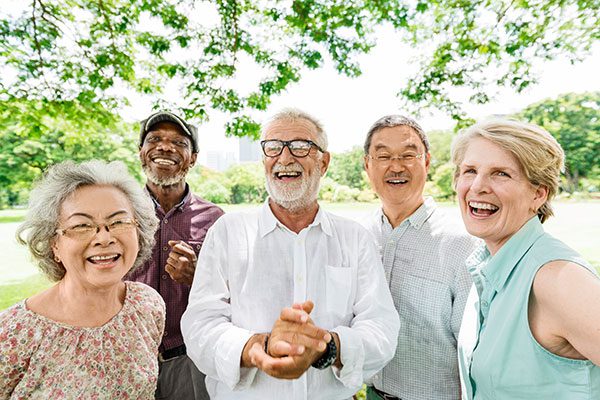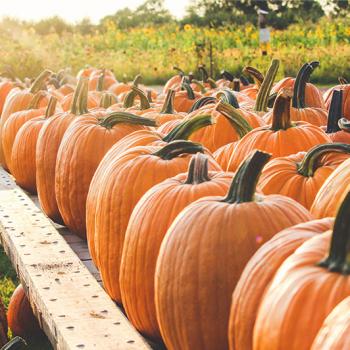
There is certainly reason for concern. Medical costs and retirement entitlements are expected to drain government funds, leaving future generations of young workers with a very heavy tax burden. Also, with so many people living in retirement, economies are expected to stagnate and decline.
These issues are certainly important, and I hope realistic, creative solutions can be found for them so that our young people do not view their elders as a burden. However, I would also like people to consider that there may also be many positive effects that come with an aging population. While there may be problems to address, having a greater percentage of older people in our society may in fact be a great blessing . . . if we are willing to let it be a blessing.
For one thing, there needs to be a shift in our materialistically focused society anyway. Beyond the issues that face seniors, our focus on endlessly growing economies has had many detrimental effects, including environmental degradation, declines in mental health, and increasing disparity between rich and poor. In other words, our current way of life is not only inadequate for older people; it is not working for a lot of people. Perhaps since all of us know we will one day be senior citizens, we can finally address the imbalances that are inherent in our current economic and cultural systems.
In the philosophy of Tao, everything exists in balance with its opposite: male is balanced by female, birth is balanced by death, heat is balanced by cold, and so forth. If balance is upset, then an unhealthy situation will arise. Life, if lived well, is like breathing in and breathing out; of course, you can’t just breathe in without ever breathing out, or you will die. Our society today is essentially a society that wants to endlessly breathe in without ever breathing out. We want to consume more and more and to grow our businesses and economic systems without ever doing anything to balance that growth, which is why we end up with so many problems socially and environmentally.
I am hopeful that seniors may be one source of balance for our society. For a long time, there has been a persistent cultural preference for youth, but now that so many are living into advanced old age, we can now demand that our society make a place for older people, so that they can give instead of simply taking.
In my new book I’ve Decided to Live 120 Years, I propose that we can extend our lives way beyond what most of us have accepted as our biological age limit, even up to 120 years, if we take steps to live healthfully and with the assistance of technologies now on the horizon. That being said, you could say that our first sixty years are for breathing in—becoming educated, building wealth, gaining status in the world—while the second sixty years, or whatever number of years you envision, are for breathing out—growing spiritually, embodying wisdom, and giving back to the world that helped us grow up and thrive. I believe that if seniors are willing to take on this role, and if young people are willing to give older people the basic respect and dignity that they deserve, then we can radically transform our way of living for everyone. Older people, I believe, can live healthier, more independent lives if they find their purpose through becoming true elders, people who bring wisdom and healing to everyone they meet.
What I am describing here, though, will not happen automatically. We must make a deliberate choice to make it so. People do not become true elders just because years pass; they must live to develop their inner wisdom and humility. The lives of young people would be enhanced, too, as they benefit from the wisdom of elders and live with the knowledge that their lives will ultimately be about something more than money and status. Can you imagine what a wonderful world we could create together if we all live with the expectation of becoming sages in our later life? It’s my dream, and I think it is realistic if each of us are willing to envision our lives in this way.












